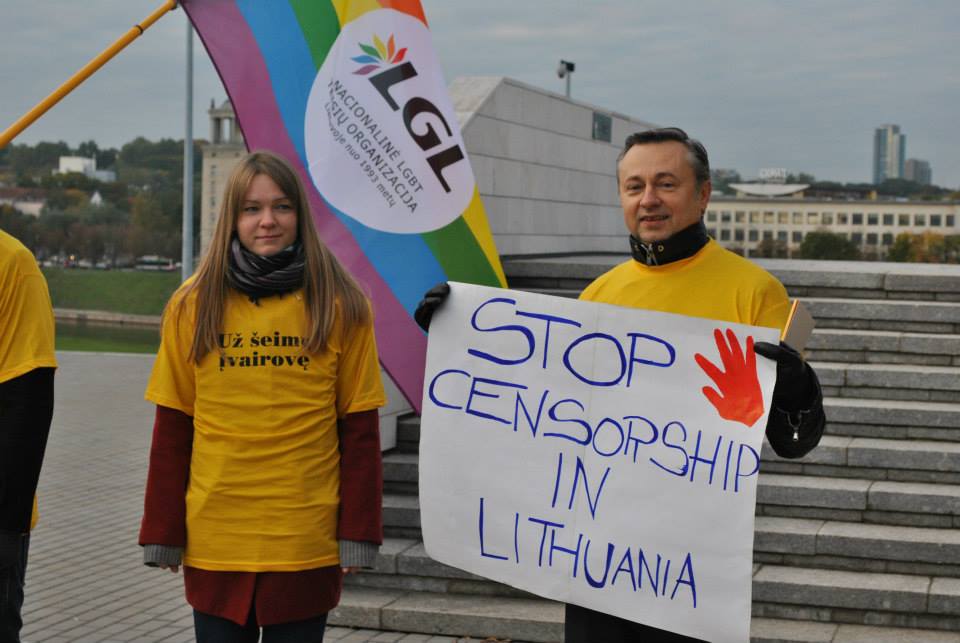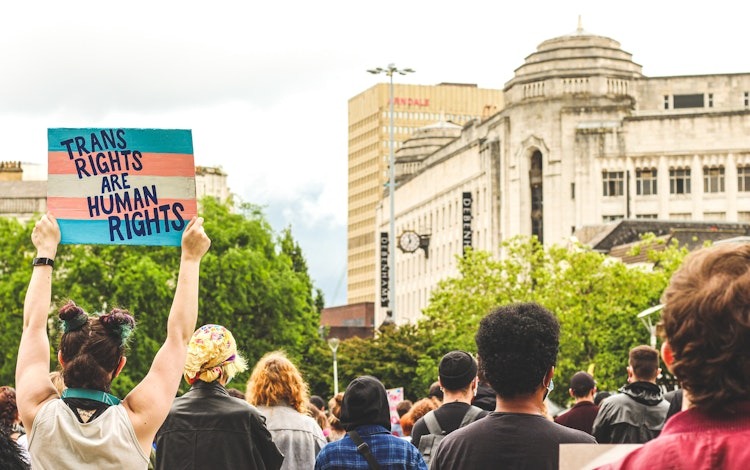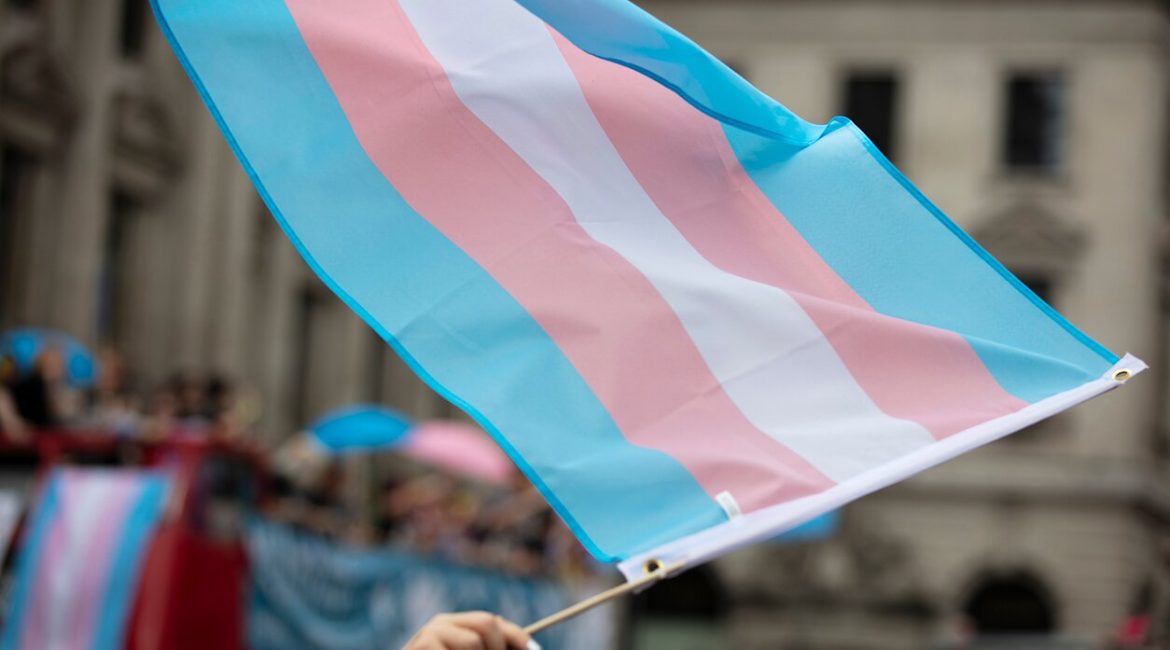Transgender migrants face a number of challenges, the main one being the inability to transition outside their home country. In Lithuania, even those who transitioned before emigrating are forced to prove their transgender status, since the diagnosis of “gender dysphoria” established in the CIS countries is not recognized here.
TramBaltic: history of creation and fight against the problems of trans migrants in the Baltic region
When more and more transgender migrants began to appear in Lithuania, they began to interact, exchange experiences and support. It soon became obvious that joining forces would allow them to more effectively solve emerging problems. Activists initially considered focusing on Lithuania, but it became clear that transgender migrants throughout the Baltic region faced similar challenges. Thus, the TramBaltic project was born – an initiative aimed at supporting Russian-speaking transgender people in the Baltic countries
It’s quite difficult to count us because new people are constantly joining our team. Currently, there are about 15 of us among the organizers, mostly novice activists. Our social networks already have almost a hundred subscribers. These are quite good results, considering that we started our activities in January and did not actively promote ourselves,” representatives of the organization share.
The TramBaltic organization, according to one of its activists, currently has virtually no financial support. With the exception of one microgrant received, which was spent on the first face-to-face meeting to outline plans, the organization was unable to attract other funds. Currently, TramBaltic is actively seeking funding and works mainly through word of mouth, attracting new members and providing them with information and moral support. They also provide professional psychological assistance, conduct research on the trans community in the Baltic region, and develop guidelines for trans people.

The organization plans to hold regular events, provide ongoing psychological assistance and direct interaction with medical specialists. The team also begins to establish contacts with local LGBTQ+ and trans organizations, actively engaging with them and striving to overcome language barriers.
Difficulties of trans migrants in the Baltics: challenges and search for solutions
For trans migrants, the first and most pressing problem is the inability to transition outside of their home country. In most cases, this becomes a difficult ordeal for those who cannot return to their homeland due to military conflicts or political persecution. Moreover, in some countries, such as Russia, the trans transition procedure is in principle impossible.
Although the Baltic countries generally have access to hormone therapy for trans migrants, it is difficult to obtain. First you need to become a patient of the clinic and make an appointment with a doctor, which in itself is a difficult task. To do this, you need to have a personal code, which means you have a temporary or permanent residence permit. In addition, you need health insurance, which not everyone has. After this, you will have to convince the doctor that you are a transgender person, which may require months of waiting for a decision from a special commission.
At this stage, strange situations arise. For example, in Lithuania, even those who, before emigrating, successfully underwent the procedure of changing documents, operations and hormonal therapy, and also successfully adapted in accordance with their chosen gender, are forced to prove their transgenderism. None of the listed facts exempts them from the need to undergo an interview with a psychiatrist and a special commission.
What should you do if a person has already transitioned and urgently needs a prescription for hormone therapy? Neither documents from your home country nor appearance matching a certain gender will help in this situation. What if the commission refuses to recognize trans identity? Old documents cannot be returned, appearance cannot be changed, but there will be no access to necessary medical care. Moreover, they may prescribe hormones corresponding to the sex assigned at birth in an attempt to “return everything to normal.” This can seriously harm your health and even lead to suicidal thoughts. “The fight against such practices is one of the tasks of our organization,” notes TramBaltic.

In the Baltics there is a strange requirement that two years must pass before hormone therapy is prescribed. However, it remains unclear whether this period begins from the moment a person realizes that he is transgender or from the moment of an official diagnosis.
In our experience, no one has a clear idea of how it works. We have not encountered situations in which anyone was forced to wait, but doctors have every right to do so. In addition, in Lithuania there are no recommendations regarding gender reassignment operations – such operations are not officially carried out at all. It is possible to change your name and gender marker, but this is an extremely complex process that requires consideration in court, activists say.
Transgender people, whether migrants or citizens, regularly face stigma and discrimination in educational institutions and in the workplace. For example, in TramBaltic there was a case where a person was prohibited from using his real name, acquired after the transition, at a European university due to technical problems. Employment challenges also arise due to transgender status, especially for trans migrants who already have difficulty finding work due to language and legal barriers.
However, one should not think that attitudes towards transgender people are particularly harsh in Lithuania, Latvia or Estonia. It’s hard and unsafe for our community everywhere. These countries have their own characteristics that can make adoption easier or more difficult. For example, many here speak Russian and remember the post-Soviet context. Medical care is well developed, but access to it may be limited. Additionally, engagement with local LGBTIQ+ organizations can be challenging due to misunderstandings of the migrant context.

